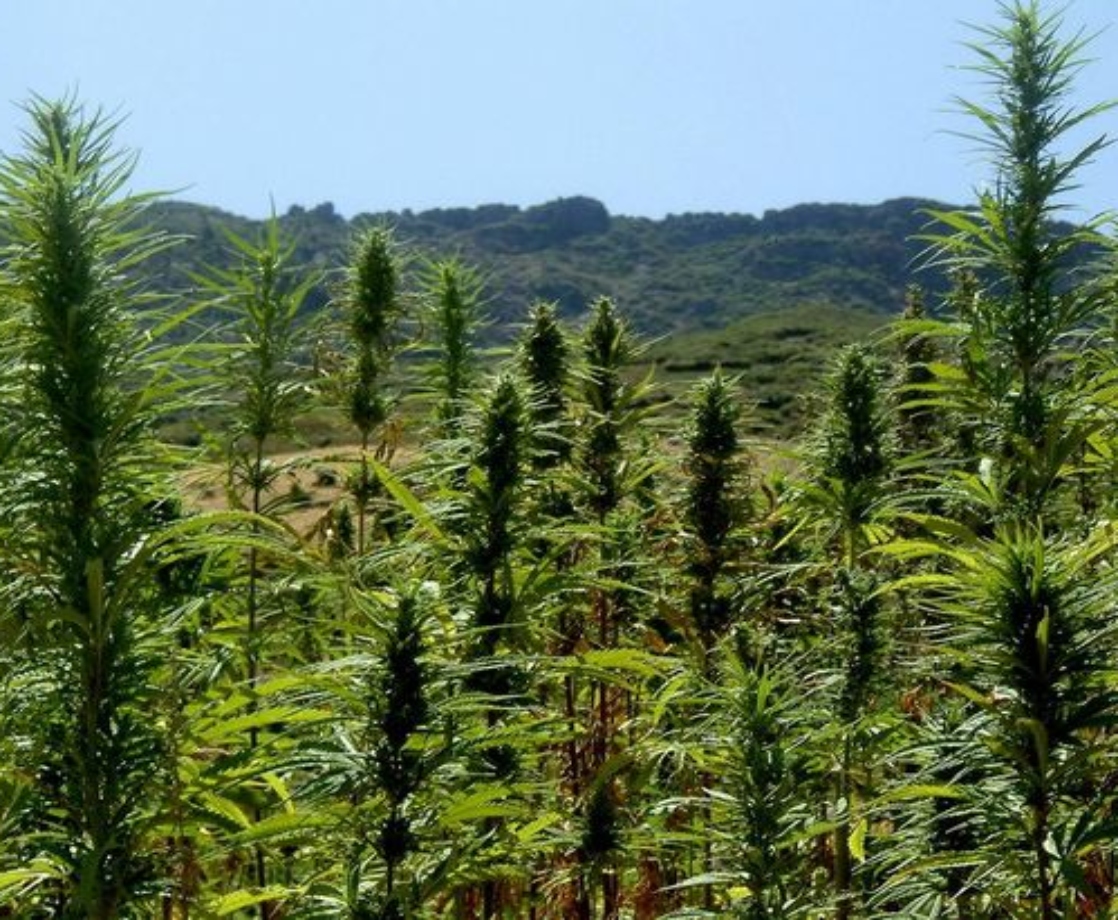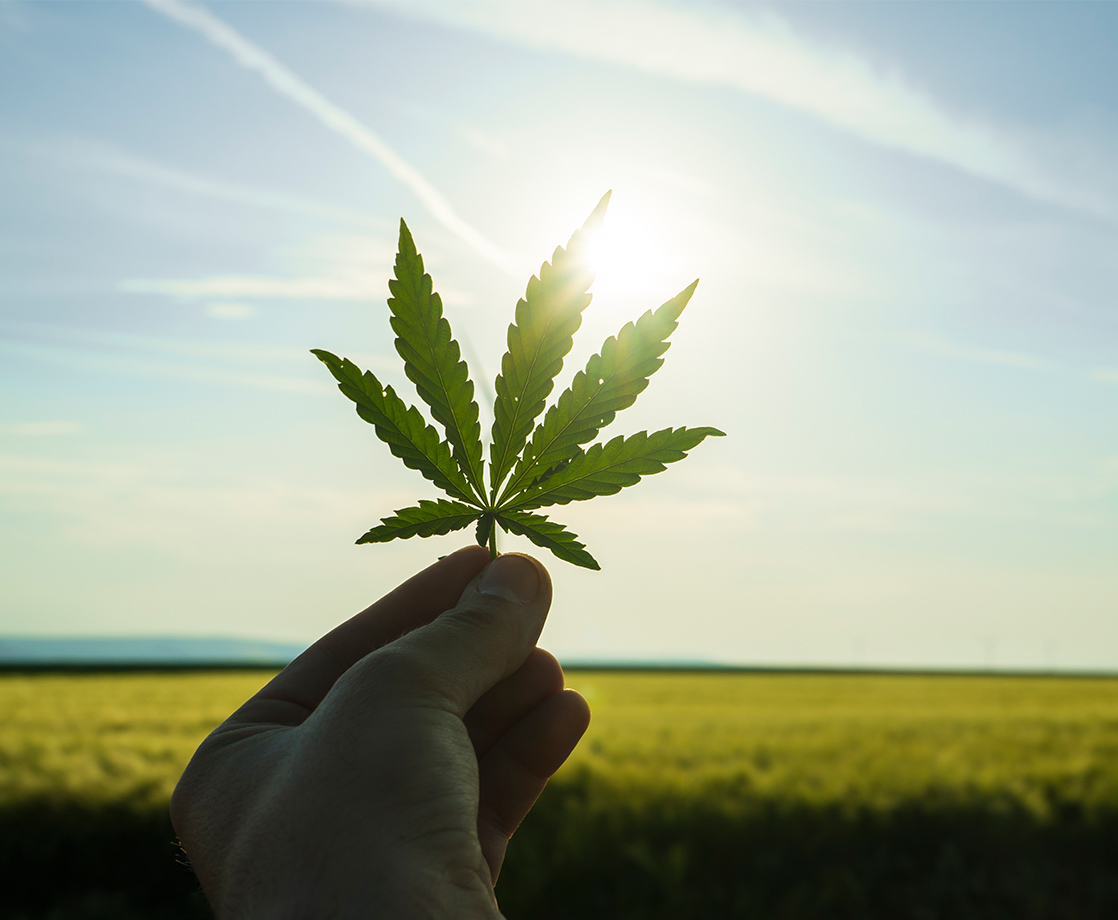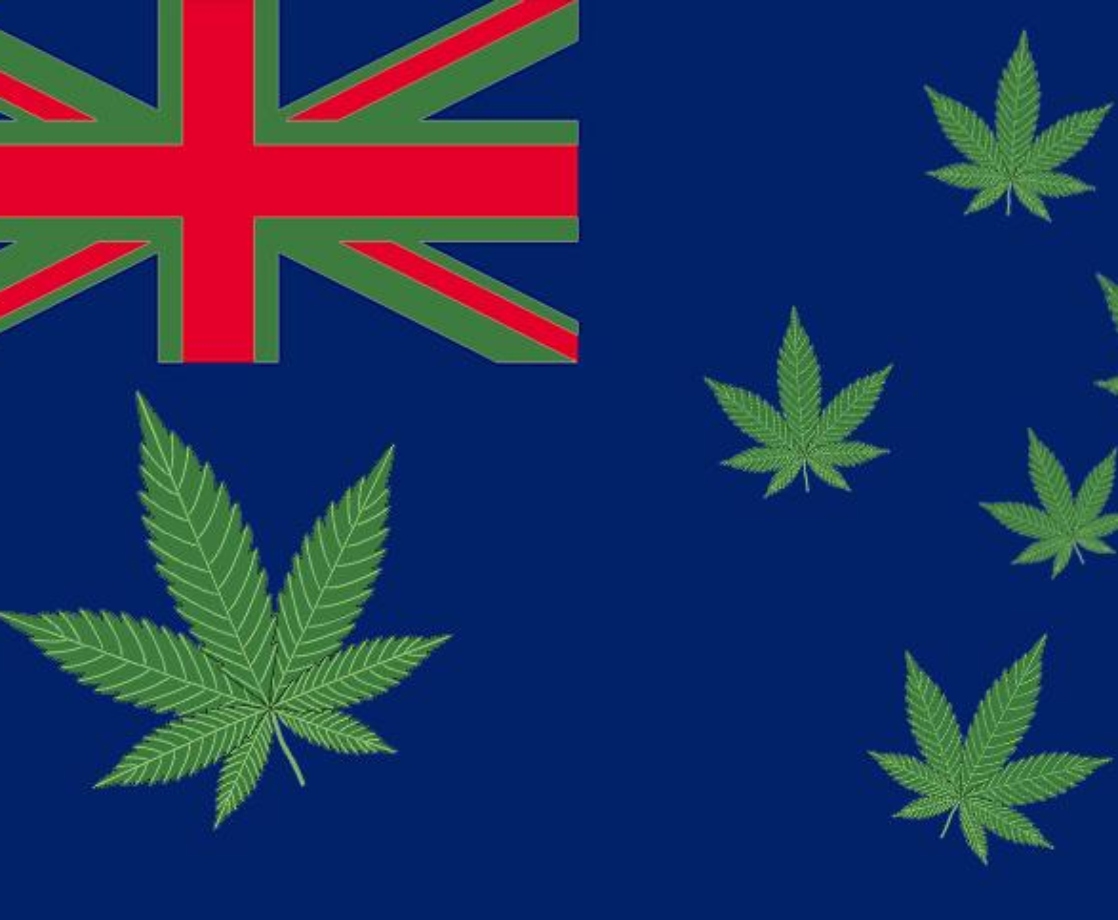Despite its relatively small size, the African nation of Morocco actually supplies more weed to Europe than any other country, according to a new report by cannabis analytics company New Frontier Data.
The United Nations Office on Drugs and Crime (UNODC) reports that Morocco produced over 36,000 tons of illegal cannabis in 2017, most of which was processed into hash. By comparison, Mexico — still a leading supplier of illegal weed to the US — produced only 5,000 tons of pot that same year. The BBC estimates the value of Morocco’s black market exports at $8.84 billion.
Morocco criminalized cannabis back in 1956, but in the 1960s and ’70s, the country became a popular destination for Americans and Europeans looking for hash. Since that time, Moroccan cannabis production grew by leaps and bounds, even though local police continue to bust illegal pot producers. In 2017, Moroccan cops seized 400 tons of cannabis, almost matching the 466 tons of weed resin seized in all of Europe that year. This year, cops seized a record 27.3 tons of pot in the month of July alone.
Not only has the quantity of Morocco’s illegal hash production been increasing, so has the quality. “Resin potency has shown a continuous increase since 2009,” said the European Monitoring Centre for Drugs and Drug Addiction in its European Drug Report 2019. “Drivers of this increasing average potency in resin likely include the introduction of high-potency plants and new production techniques in Morocco, and, to a lesser extent, the greater use within Europe of resin extraction techniques that provide higher potency products.”
But although the potency of Moroccan hash has been growing, there are no regulations in place to test the safety of these illegal products. This spring, researchers discovered that most of Spain’s hash, which was smuggled into the country from Morocco, was contaminated with harmful bacteria commonly found in feces.
Last year, the Moroccan government announced that it was implementing “a multi-dimensional national strategy to fight illegal drugs,” Morocco World News reports. In the early 2000s, the country prosecuted around 36,000 people per year for cannabis crimes, but by 2017, that number rose to 107,000.
As Moroccan authorities continue to crack down on illegal weed production, a small but growing segment of the country’s populace is advocating for reform instead of prohibition. Overall, Africa has been slow to embrace the concept of legal weed, but Lesotho and Zimbabwe recently legalized medical marijuana, and South Africa is on track to legalize full adult-use by next year.
The New Frontier report notes that if both Europe and Morocco rolled back their cannabis prohibition laws, “Morocco would be ideally positioned to reap a huge influx in investment toward the infrastructure necessary to serve its lucrative market. Such capital investment could help it move beyond cannabis resin, to the development of more refined and innovative delivery systems such as concentrates, edibles, and other cannabis-derived products.”











